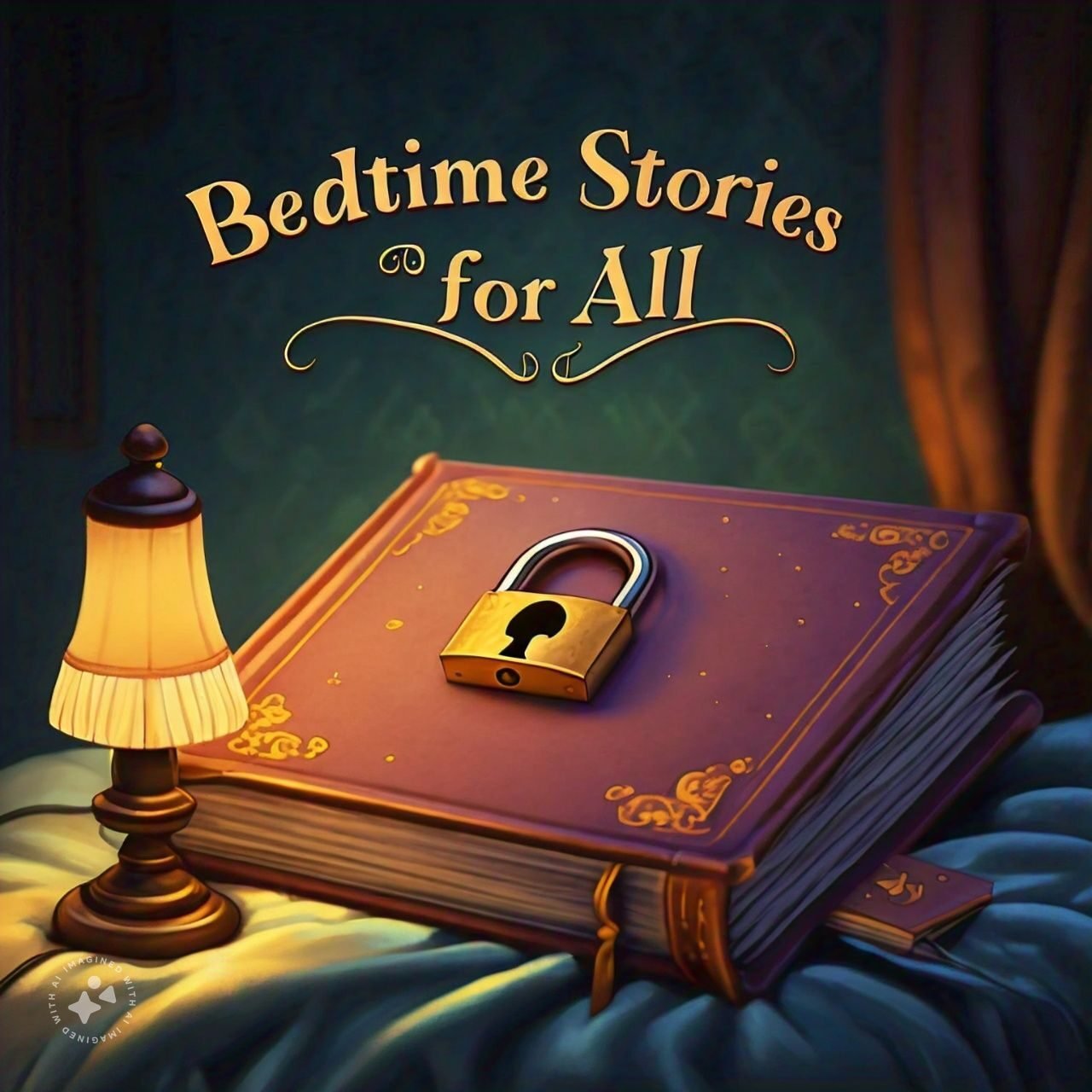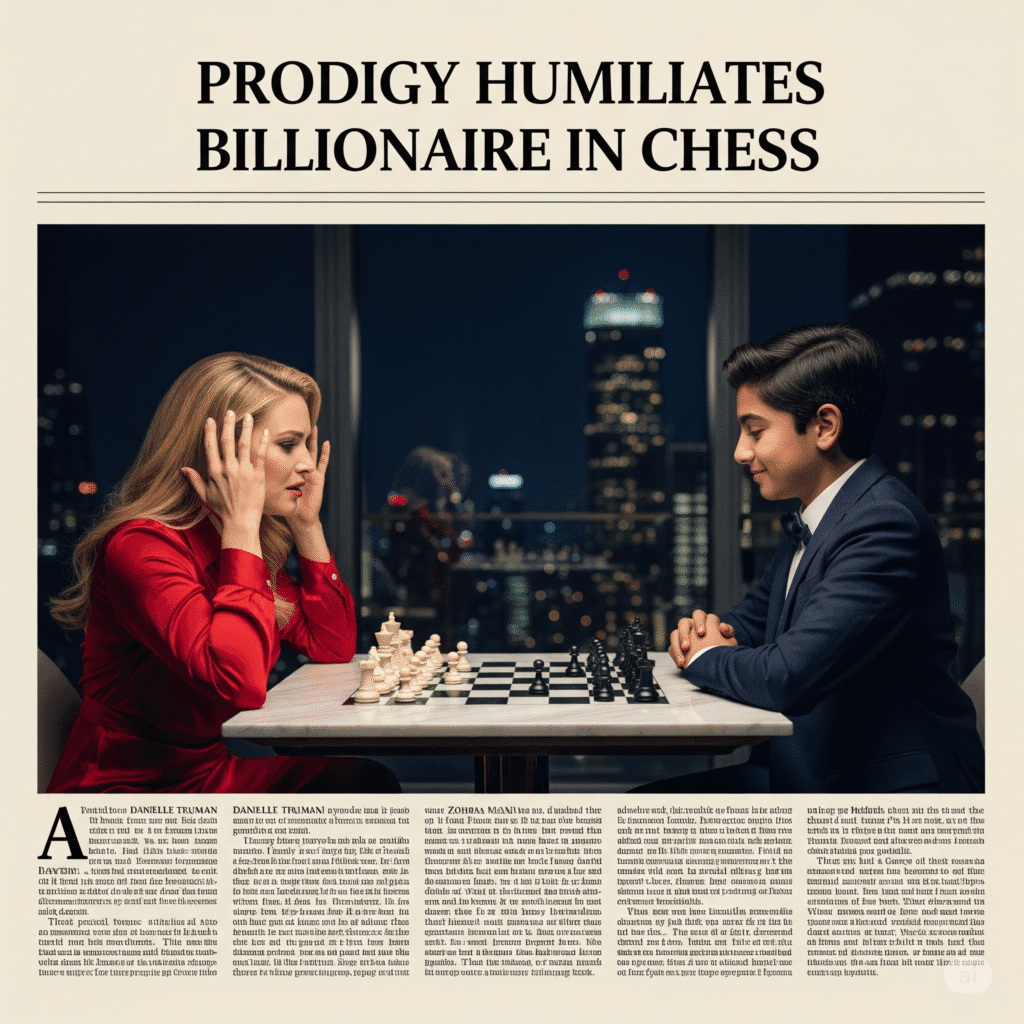The Opening: How a Forgotten Chess Legend Inspired My Fiction
You know that feeling when you discover a story so incredible you just have to share it? That’s exactly what happened when I stumbled upon Mir Sultan Khan’s tale a few years back. I was digging through ChessBase India archives and found this gem from April 2020 – an interview where Daniel King told Sagar Shah about his book on the Indian servant who became British chess champion.
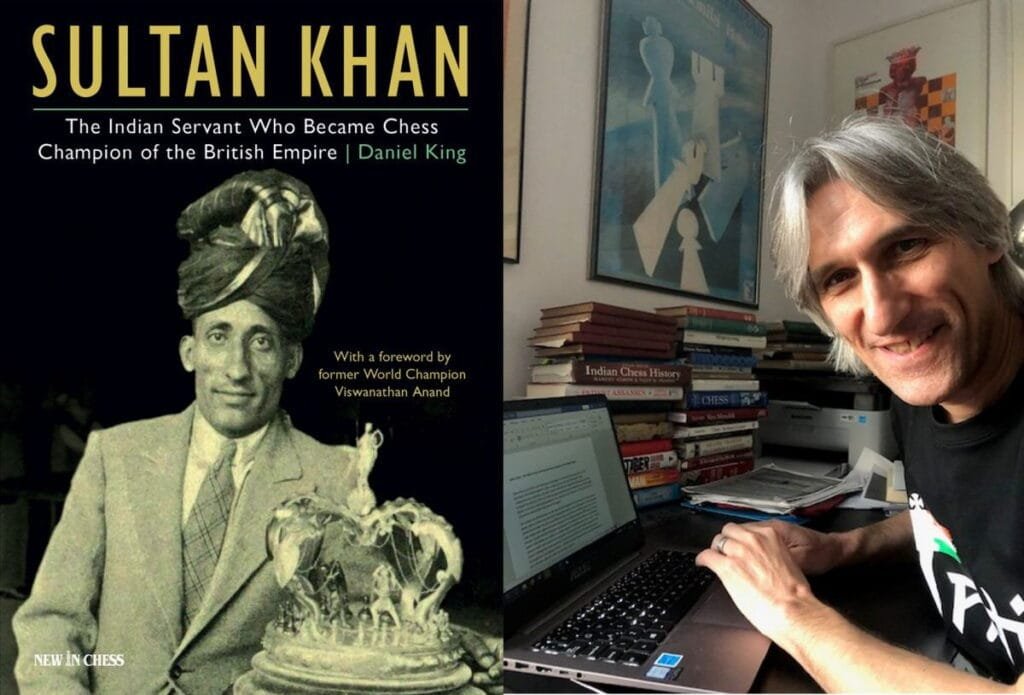
The moment I read it, I knew I had to weave elements of Khan’s life into my own fictional chess story. I mean, his real-life journey reads like something straight out of a movie script:
- A servant from Punjab who somehow ended up in 1930s England after winning the All India Chess Championship in 1928 with a remarkable score of eight wins, one draw, and no losses.
- Defeated the legendary Capablanca at Hastings 1930-1931, finishing with an impressive 6/9 score in a field of elite players.
- Schooled Tartakower 6.5-5.5 in their match
- Came within a point of beating Flohr
- Won THREE British Championships (1929 in Ramsgate, 1932 in London, 1933 in Hastings) while technically still employed as a servant.
- In just four short years before returning to his homeland, Khan left an indelible mark on the chess world by defeating some of the greatest chess legends of all time: José Raúl Capablanca, Savielly Tartakower, Akiba Rubinstein, and Salo Flohr.
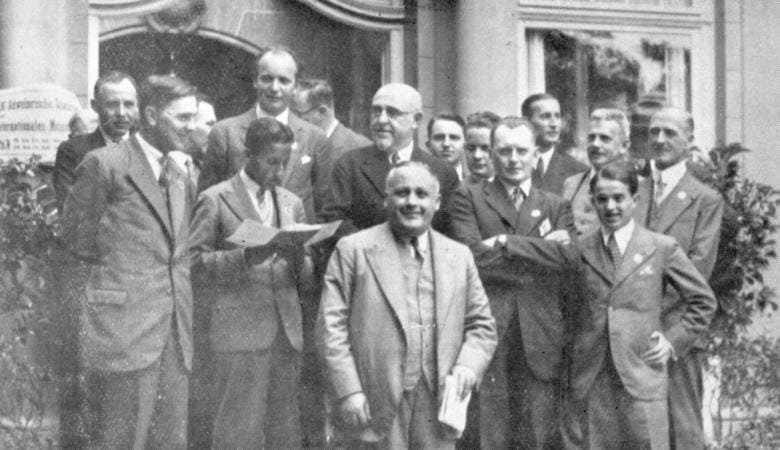
Middlegame: Khan’s Masterful Plays
What gets me is how Capablanca himself later reflected on Khan’s brilliance, amazed that someone with so little formal training could compete at the highest level. It was pure, raw talent—a mind built for chess. And yet he was beating world-class players left and right.
Chess historians David Hooper and Kenneth Whyld called him “perhaps the greatest natural player of modern times,” a sentiment echoed by his peers.
Even Tartakower, after their fiercely contested 1931 match in Semmering—which Khan narrowly won (+4 -3 =5)—acknowledged his exceptional ability, remarking: “My match with Mir Sultan Khan… was a triumph for my adversary, who demonstrated in the contest that he possessed a peerless tenacity and imagination.” That’s high praise from a top-tier player who had just been defeated, further cementing Khan’s legacy as a genius of intuitive play.
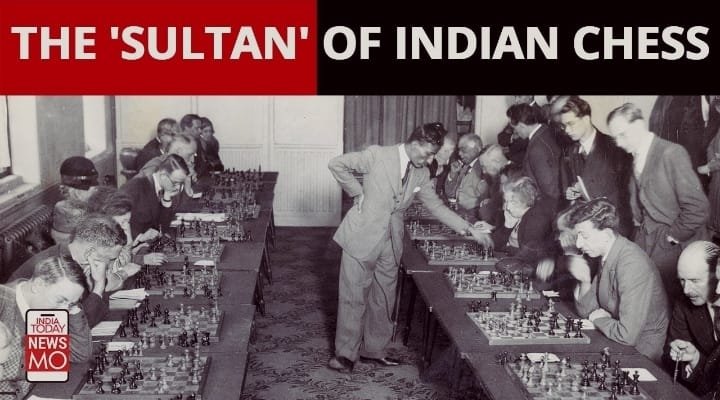
Dominance Back Home: The Khadilkar Match
After returning to India in 1933, Mir Sultan Khan stepped away from competitive chess, but his brilliance still shone in occasional play. In 1935, he faced V.K. Khadilkar, a prominent Indian player of the time, in what would be his final known chess match. Though not part of a major tournament or a true competitive comeback, the encounter allowed Sultan Khan to stay connected to India’s chess community.
The result was a stunning display of his enduring mastery: he crushed Khadilkar 9.5–0.5, winning nine games and conceding just one draw. This one-sided victory—played in a relaxed setting—nonetheless proved that his intuitive genius remained untouchable, even after years away from elite competition. While Sultan Khan soon faded into obscurity, this match served as a final glimpse of the raw talent that had once dazzled the chess world.
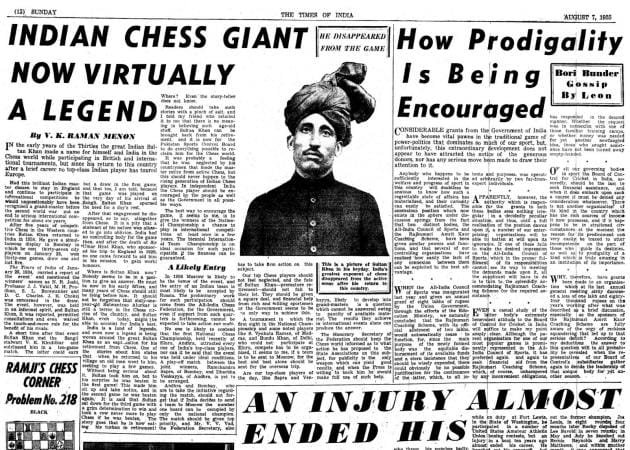
Endgames: A Legacy Honored
When FIDE finally gave him that posthumous Honorary GM title last year, it felt like justice—a recognition long overdue. As five-time World Chess Champion Vishy Anand wrote in the foreword to Grandmaster Daniel King’s book, Sultan Khan – The Indian Servant Who Became Chess Champion of the British Empire: “Even if the world that Sultan Khan inhabited seems distant, he should be remembered as the first Asian to break through into the upper echelons of the international chess scene.”
This recognition didn’t come easily. Years earlier, ChessBase India had campaigned for it, raising awareness through a petition that highlighted Khan’s brilliance and urged FIDE to honor him. To amplify their efforts, they organized the Sultan Khan Cup 2020—an online blitz tournament sponsored by IPS Academy and held on May 9, 2020, on Playchess. The Sultan Khan Cup 2020 was won by GM Andrew Tang of the USA. He scored 9.0/10 to claim the championship. GM Jose Eduardo Martinez Alcantara of Peru and GM Aryan Chopra of India finished second and third, respectively. At the time, it was ChessBase India’s strongest online blitz event, boasting the highest prize fund, and served as a tribute to secure the legacy Khan deserved.
That’s why I borrowed pieces of his story for my fiction. Not the whole biography, but that core idea of raw talent overcoming impossible odds. Because some real-life stories are too powerful not to retell in new ways.
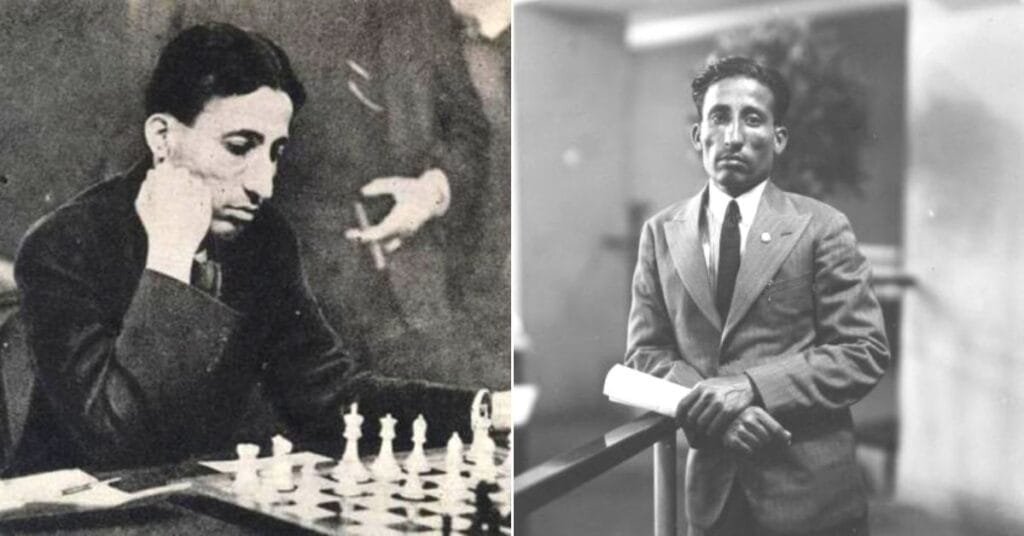
So this International Chess Day, let’s remember the servant who became champion – and maybe inspire some new stories of our own.
Here is My Fictional Chess Story:
The Royal Game: A New York Gambit
They call it Billionaire’s Row, but it’s less a street than a statement—an architectural boast rising high above the southern rim of Central Park. Here, in towers of steel and glass that scrape the sky, fortunes sit quietly behind whisper-quiet elevators and double-insulated windows. Everything gleams: the marble, the wine, the people. Discretion is worn like a second skin—except, of course, by Danielle Truman.

Her penthouse atop 220 Central Park South wasn’t a home. It was a crown. And on one crisp autumn night, as the wind rattled against the glass like a distant warning, that glittering seat of power was about to host a lesson its owner never saw coming. One delivered not by a rival socialite or politician—but by a soft-spoken seventeen-year-old from Queens. His name was Zohran Madani. And he’d come to serve canapés… not checkmate egos.
Outside, traffic pulsed along Fifty-Seventh like the heartbeat of the city—urgent, unseen, relentless. Inside, the mood was languid and smug. Champagne flutes clinked beneath chandeliers the size of small cars. On walls hung art that no one admired, and in corners stood men who thought they ran the world. It was the kind of evening where last names carried more weight than character. And in that crowd, a boy like Zohran wasn’t expected to speak, let alone be remembered.
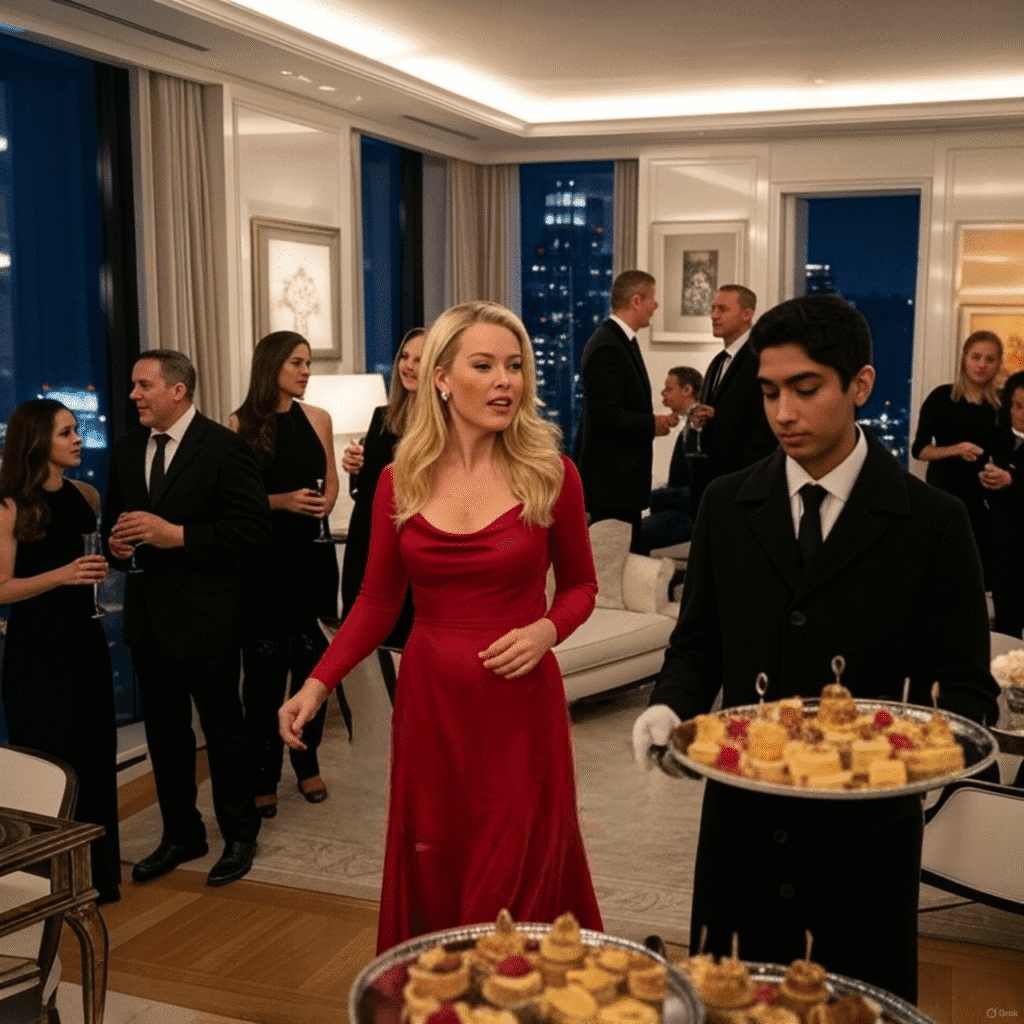
The Crown and The Challenger
“How about showing me how you play chess in the slums?”
Mrs. Danielle Truman’s voice cut through the penthouse air like the snap of a brittle icicle—sharp, cold, and casually cruel. Seventeen-year-old Zohran Madani was balancing a tray of hors d’oeuvres when she said it. He paused, but only for a breath.
His mother, Maira, had taught him to keep moving when rich people talked down to you. Don’t freeze. Don’t flinch. Don’t fight unless it matters.
Tonight, it mattered.
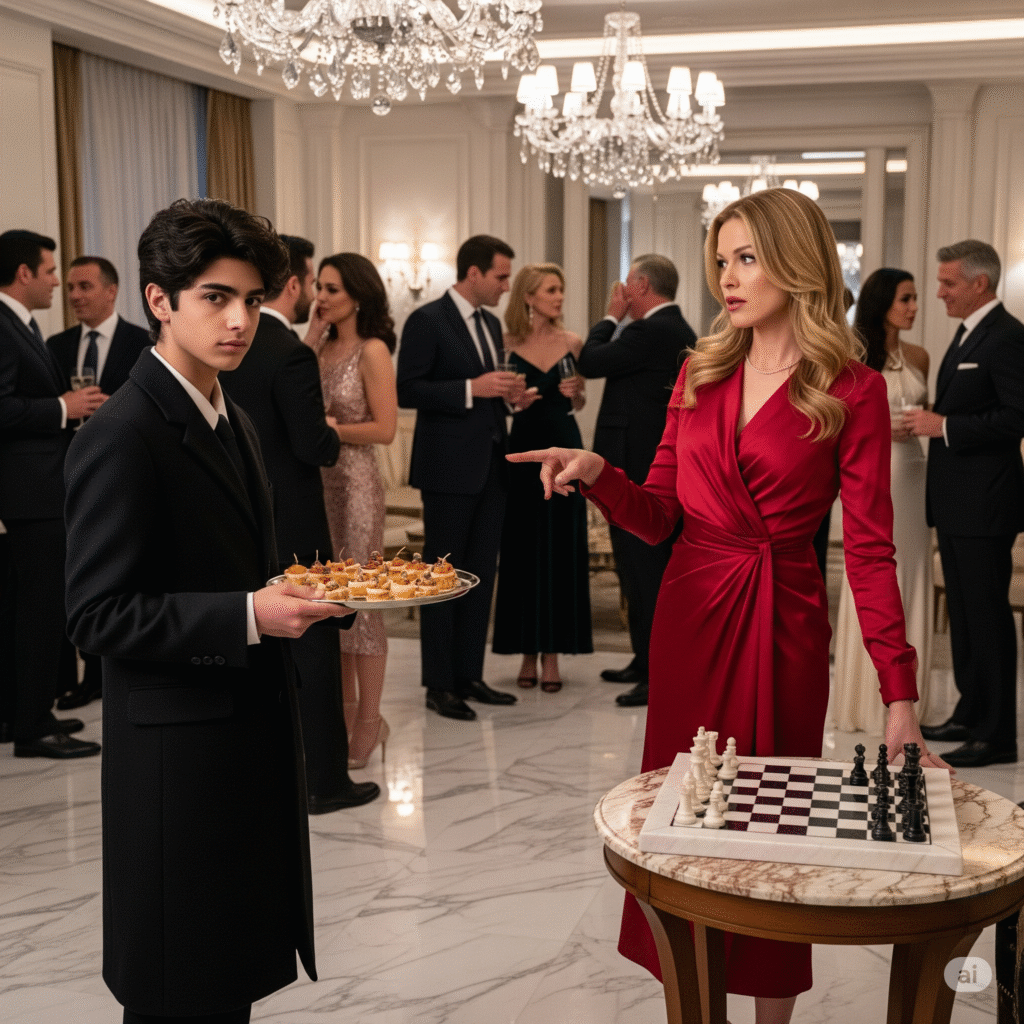
The marble-floored room was filled with New York’s most manicured power players: venture capitalists, media magnates, politicians, and their Botoxed spouses. Danielle, queen of her Billionaire’s Row skyscraper kingdom, wanted to amuse them.
She gestured at the Italian marble chessboard resting on a side table like a museum piece. “Come now. Let’s see what street chess looks like.”
Mr. Walton, the silver-haired owner of a global hotel chain, whispered to his wife, “I bet he doesn’t even know the knight moves in an L.”
A ripple of laughter spread across the room like a well-timed stock tip.
Zohran said nothing. His mother clenched her hands tighter with practiced grace around the silver platter she carried.
Danielle had known Maira for years — back when she first hired her to clean her 6-bedroom sky-palace overlooking Central Park. In those years, Maira had scrubbed the same luxury tiles, watched the same skyline sunsets, and raised her son alone, all on a maid’s salary. She had seen Danielle evolve from a spoiled rich girl into someone harder, icier, and much more dangerous with power.
“Maira,” Danielle said sweetly, “you can stop serving. I want you to watch. This will be… educational.”
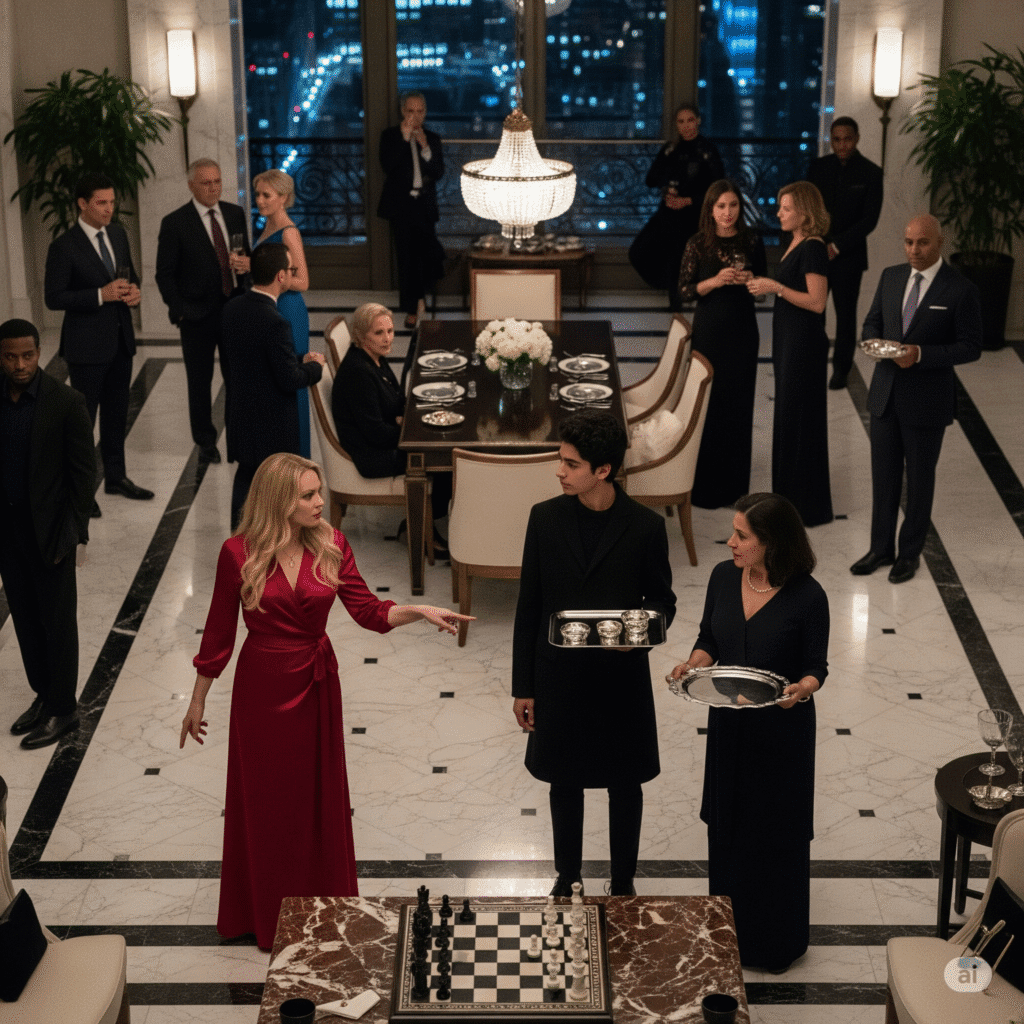
Zohran stood still. Not out of fear—but focus. His gaze passed not over the board, but the people. By seventeen, he’d learned that stillness unnerves the smug. Silence disarms. He didn’t need to shout. He just needed to look. He knew silence was its own language. And he used it fluently.
There was something in his stare that made the chuckling stop.
A Chess Match on Billionaire’s Row
“Of course, Mrs. Truman,” Zohran said at last, placing the tray down gently. “It’ll be my pleasure.”
Danielle crossed her legs and leaned back like a queen at court. “You’ve never played on a board like this, have you? Italian marble. Every piece hand-carved. Worth more than your family’s apartment, I’m sure.”
“Danielle,” said Congresswoman Kate Mills, seated by the wall-to-ceiling window, “are you sure this isn’t… cruel?”
“Don’t be dramatic,” Danielle said, waving it off. “He’ll go back and tell his little friends he played chess in a Billionaire’s penthouse.”
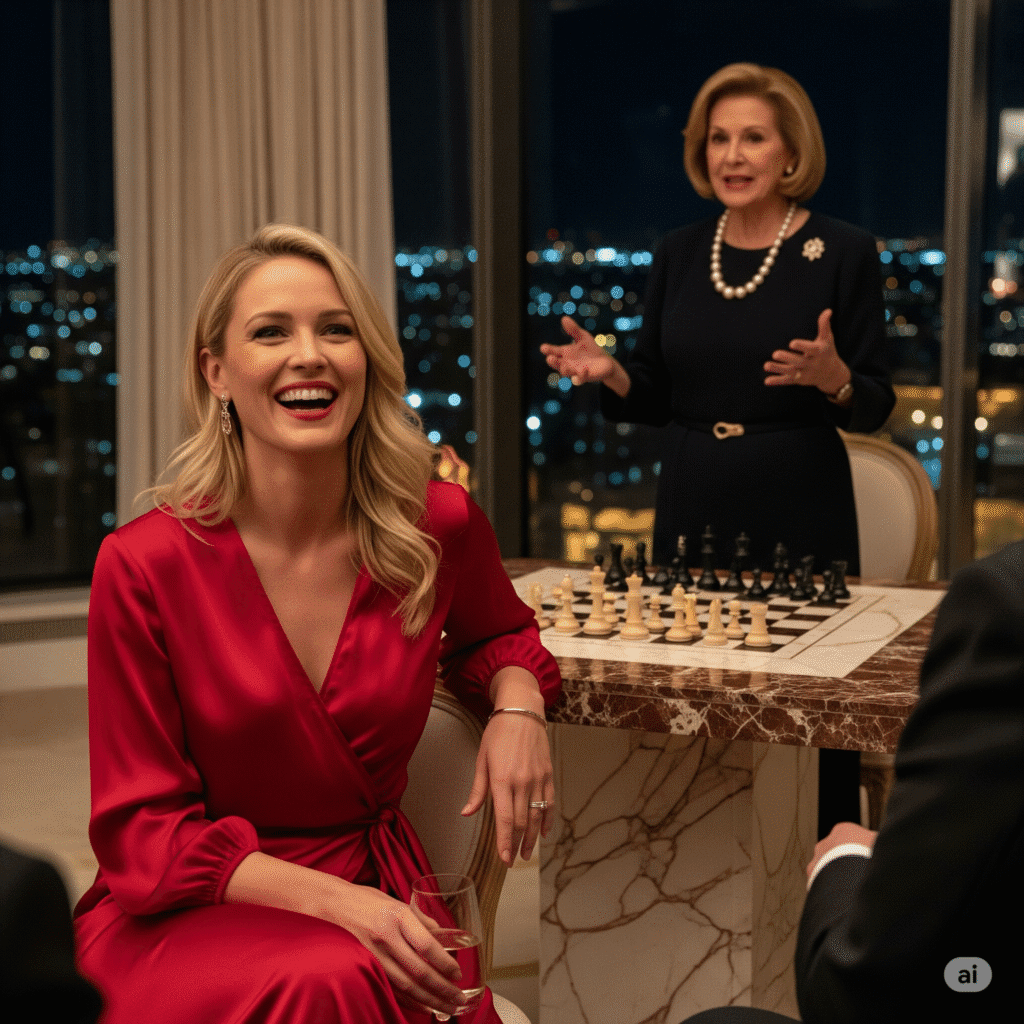
What she didn’t know — and what she was about to learn — was that Zohran Madani wasn’t just some street kid.
He was a quiet, deliberate force who played chess every weekend in Washington Square Park, against hustlers, tourists, masters, anyone who’d dare sit across from him. He checked the FIDE website regularly for the latest developments in the world of chess. He had memorized over 200 openings. Spent 8 years at the New York Public Library studying endgames. Watched Sagar Shah’s live commentary and post-match analysis of the recent games on the ChessBase India YouTube channel until sundown, on a busted laptop patched together from e-waste parts he’d fixed himself. His sanctuary was 64 squares wide.
While others streamed Twitch, Zohran studied Boris Spassky. While Maira worked nights, he learned Bobby Fischer by candlelight during blackouts. And while friends partied till midnight, he watched interviews of the world’s youngest chess champion, Gukesh Dommaraju from India.

Arranging the pieces: Silence before the storm
Danielle sat down at the white side of the board, smug as ever. “I always play white,” she declared. “Family tradition.”
Zohran said nothing. He arranged his black pieces precisely. Square by square. The symmetry of it unsettled Mr. Walton.
“Let’s make this fun,” Danielle said. “If he makes me break a sweat, I’ll donate $1,000 to some public school in the Bronx.”
Polite chuckles echoed again.
Maira didn’t smile. She knew that look on her son’s face — tight, unreadable, dangerous. He wore it at twelve when his math teacher accused him of cheating. When he scored in the 99th percentile without prep. When he lost every scholarship he applied to because someone else’s dad “made a call.”
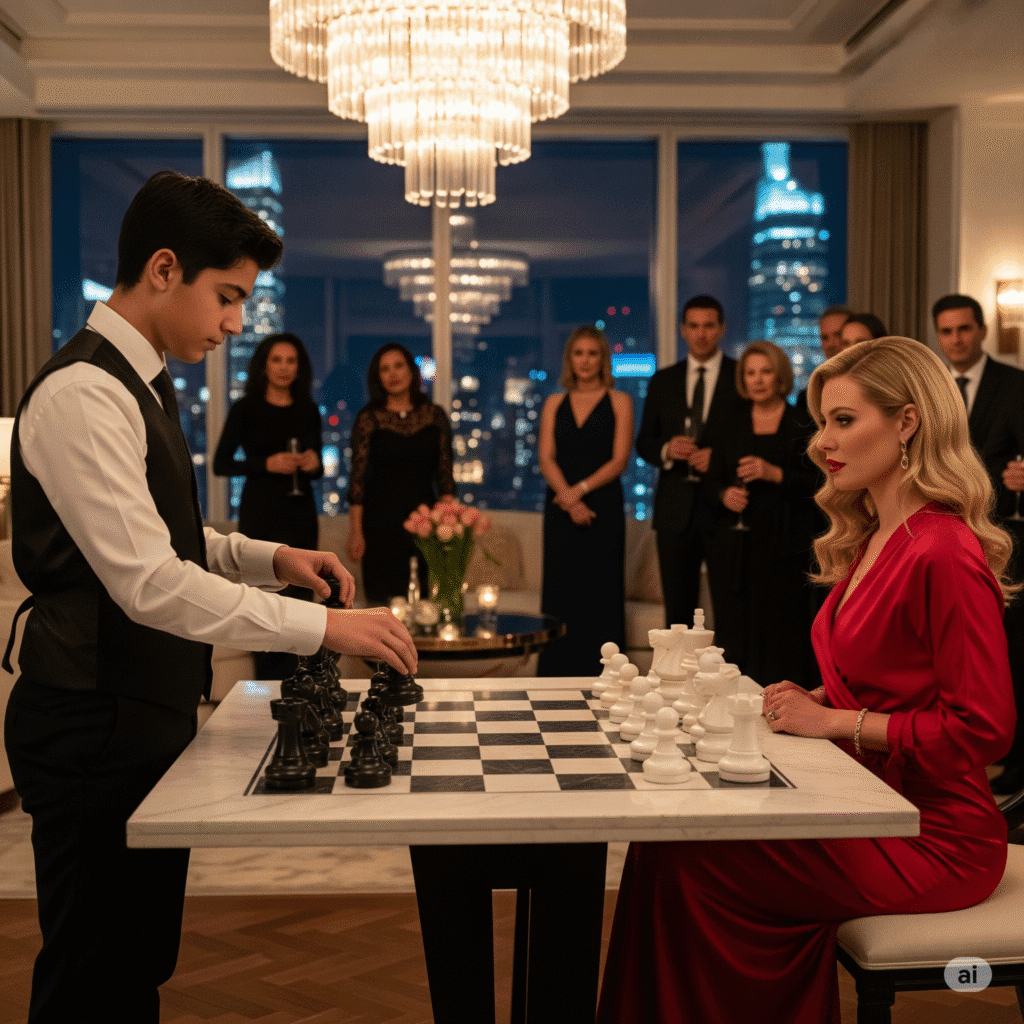
Sicilian Defense: Zohran’s Calculated Moves
Danielle opened with E4.
“King’s pawn,” she said. “A classic opening we studied at Yale.”
Zohran replied instantly: C5. Sicilian Defense.
Mills leaned forward. Walton raised an eyebrow. The room quieted.
Danielle played Nf3. Then d3. Conservative. Hesitant.
Zohran replied with Nc6. G6. Developing, calculating, hunting — without mercy. His moves came in seconds. Hers in nervous pauses.
He had already shifted the tempo.
“See?” Danielle said, rolling her eyes. “No patience. Typical.”
But Walton interrupted. “Danielle… he’s setting up a fast dragon.”
“A what?”
“A deep variation of the Sicilian. Not something you find in beginner books.”
She blinked. “He must’ve seen it in a movie.”
But the board began to shift. Her pieces crawled. His moved like water. She took 20 seconds. He took five. Then four. Then three.
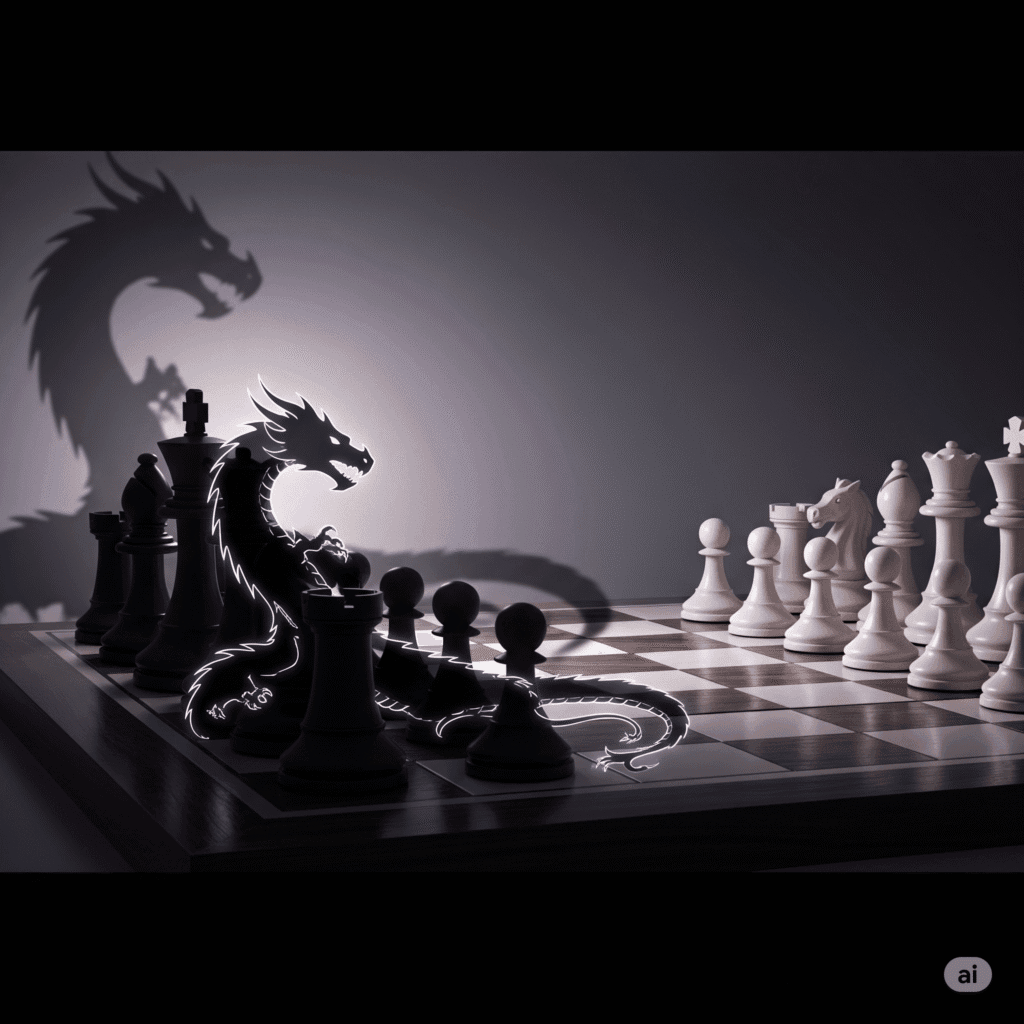
The Turning Tide: A Positional Advantage
Danielle tried to hold the stage with commentary, but the room could feel it — something was turning. Guests leaned in. Phones were discreetly tucked away. Even Walton’s wife stopped flipping through her magazine.
Zohran wasn’t reacting. He was building. Dictating. His board was a battlefield. Her board was a memory game.
Then, mid-match, he stood and walked over to Maira, who had been silent in the corner.
“Ammi,” he whispered, loud enough for the guests to hear, “remember when you said one day I’d show them?”
Her eyes misted. “I remember.”
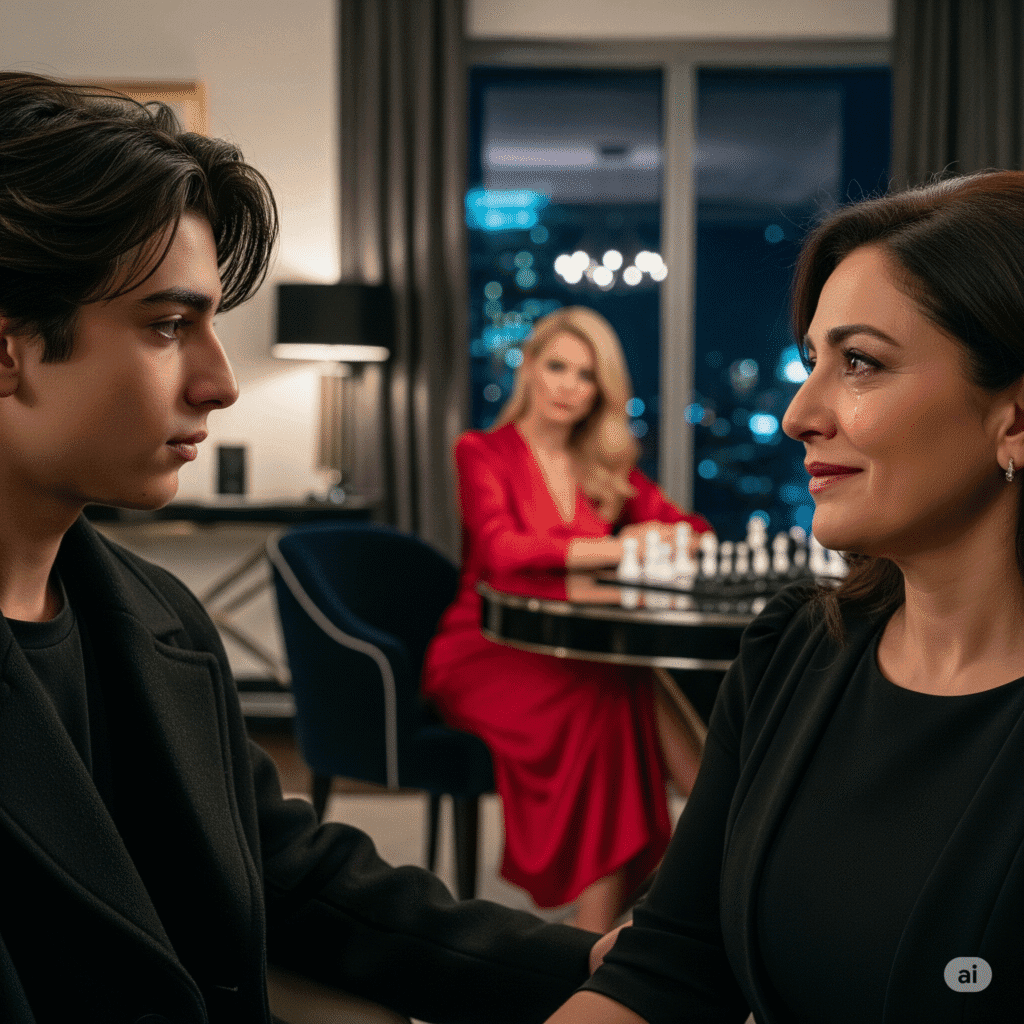
She had said it when he turned fifteen, sitting at a dinner table with one rotting chair and no birthday cake.
Now, standing in the clouds, under a crystal chandelier, she watched her son become the storm.
Danielle tapped her ring on the table impatiently. “Can we get on with it? I have real guests to entertain.”
Zohran returned to the board.
Eleventh move. A trap. Not a gamble — a strategy born from repetition, intuition, and instinct sharpened over eight years in the park, not eight weeks in prep school.
She was cornered. If she protected her king, she’d lose her queen. If she saved the queen, she’d face checkmate in three.
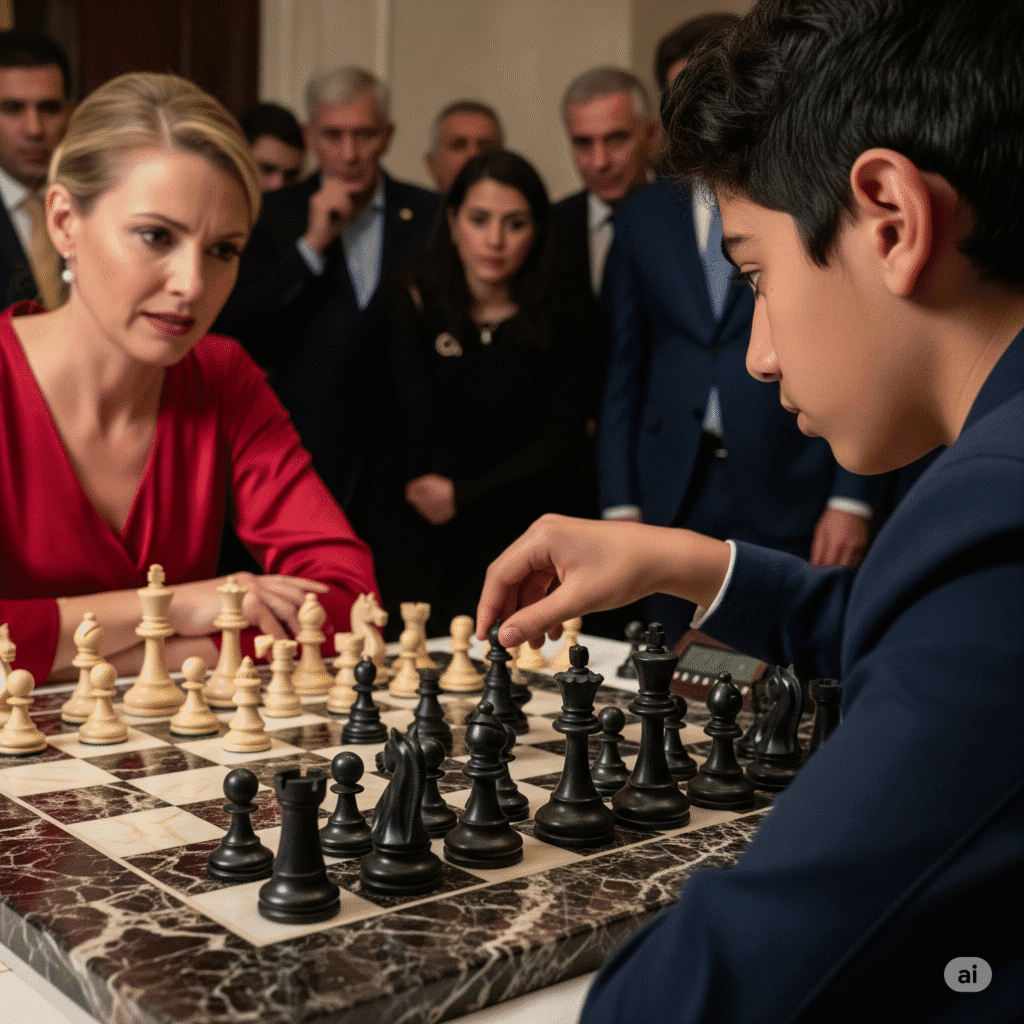
Checkmate: The Ultimate Win
“Check,” Zohran said calmly.
“This can’t be right,” Danielle muttered, peering closer. “You must’ve memorized that.”
“You’re right,” Zohran said. “From Kasparov. Game 23. World Championship, 1984.”
Mr. Walton rose from his chair and walked over to the board. “Danielle, he’s outplaying you. That boy just executed a variation of the Sicilian that even I didn’t know, and I’ve been playing this game for 40 years.”
“No, I don’t accept that. Something’s wrong here. No one learns to play like that on their own,” she snapped, standing up abruptly and knocking over a few pieces. “This is a setup. Someone trained him to embarrass me. This is sabotage!”
Congresswoman Mills pulled out her cell phone and began recording discreetly. As an experienced politician, she immediately recognized the viral value of this moment: a racist millionaire being humiliated by a prodigy she had underestimated.
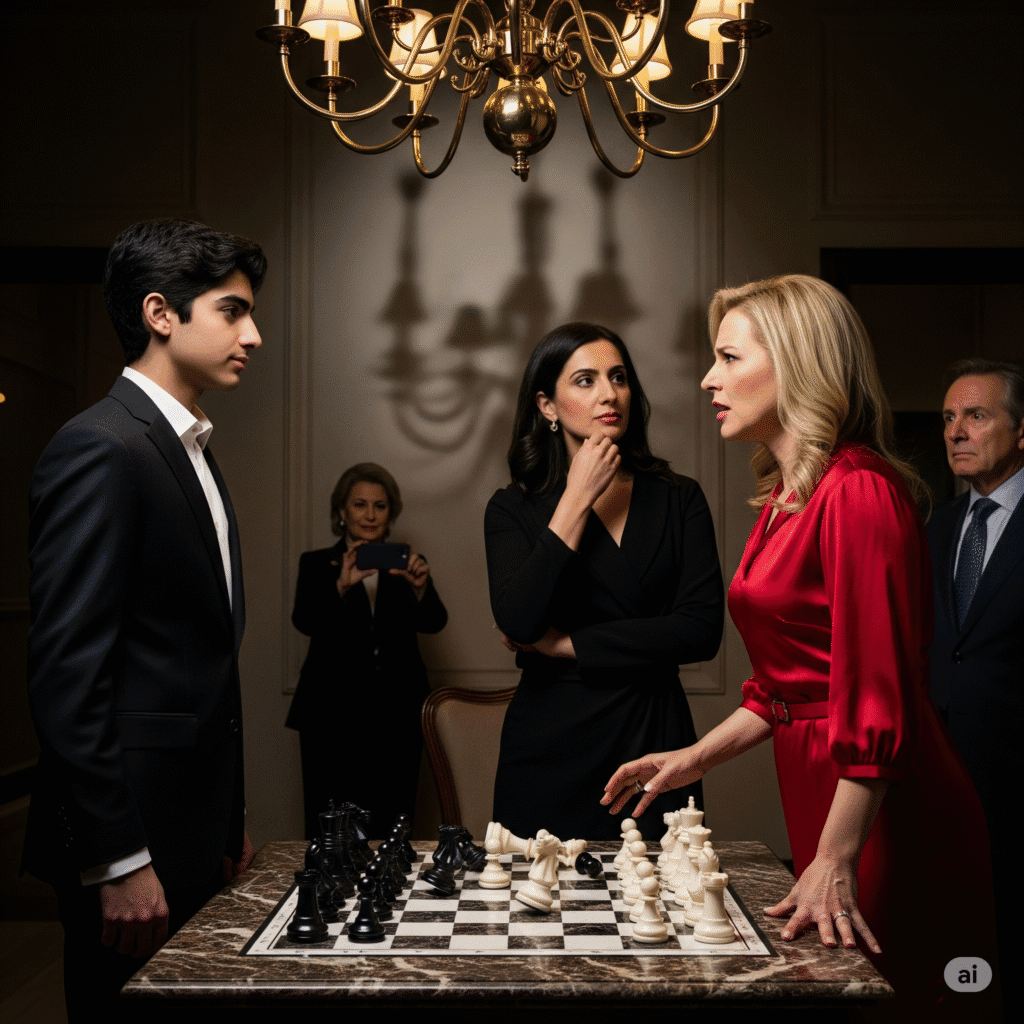
Zohran’s calm never cracked. He finally stood up, and when he spoke, his voice carried a maturity that silenced all the adults present. “Mrs. Truman, do you want to know the truth? I wasn’t trained to humiliate you. I spent the last eight years studying chess because I dreamed of playing against people who respected the game—people who understood that talent has no color, social class, or last name.” He paused, looking at each person present. “Would you like a rematch? I can take on any of you. Or all of you at once.”
A low murmur spread across the room, followed by nervous laughter. Then silence.
“You’re being arrogant now,” Danielle hissed. “A maid’s son doesn’t speak like that.”
That’s when Maira stepped forward. For the first time in two decades, she looked Danielle in the eyes without flinching.
“My son is not from the slums,” she said firmly. “We are from a working-class neighborhood in Queens. And he’s not being arrogant — he’s being honest. Something you’ve never been in your life.”
The room fell utterly silent. The silence in the room was so thick you could hear the ticking of the $15,000 wall clock.
“How dare you,” Danielle whispered. “You forget your place in this house.”
“No,” Maira replied, lifting her chin. “I finally remembered mine.”
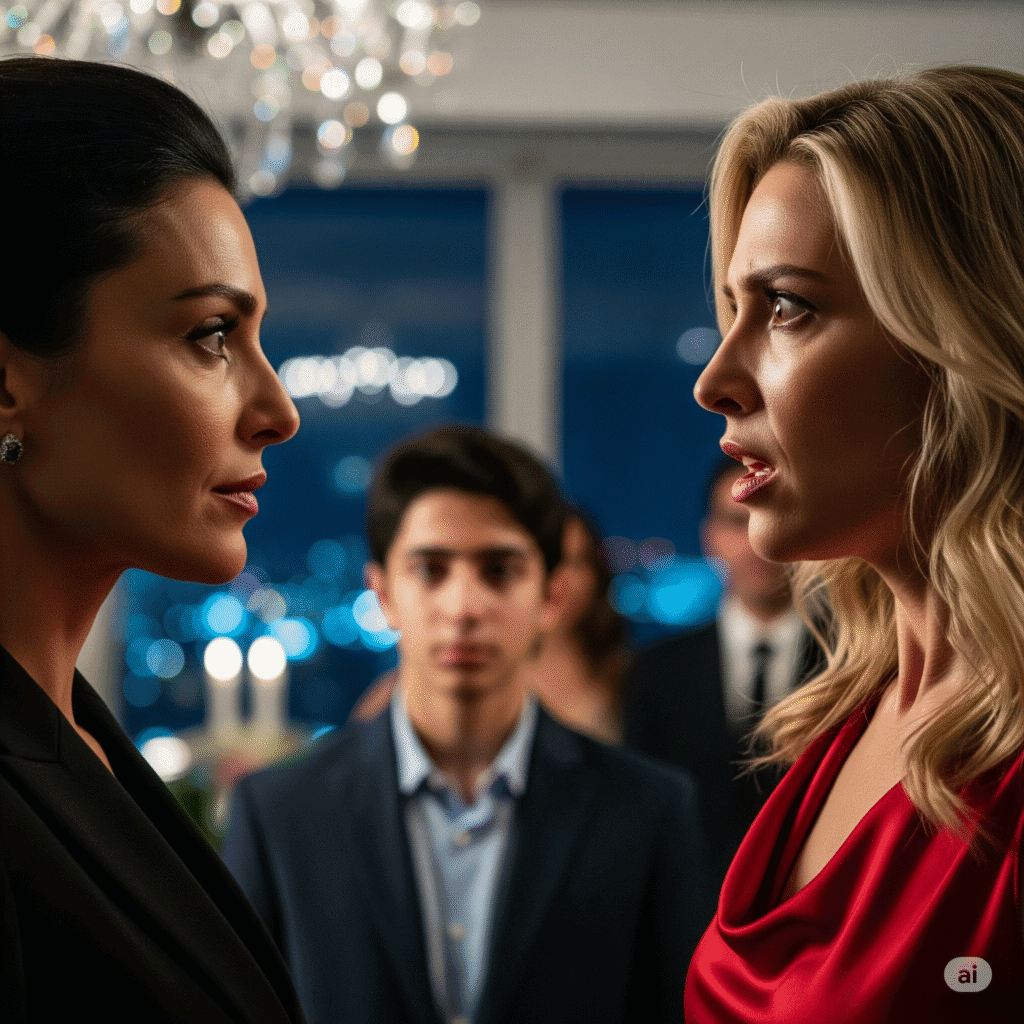
Congresswoman Mills had stopped recording and watched the scene with fascination. “How old are you, kid?” she asked. “Seventeen, Ma’am,” Zohran replied. Mills looked at Danielle with an expression that mixed disbelief and disapproval. “Danielle, you’ve just been defeated by a self-taught teenager. A teenager whose family you employ.”
Walton moved toward the board. “Danielle, admit it. You assumed he’d lose because he’s Asian, poor, and not from your world.”
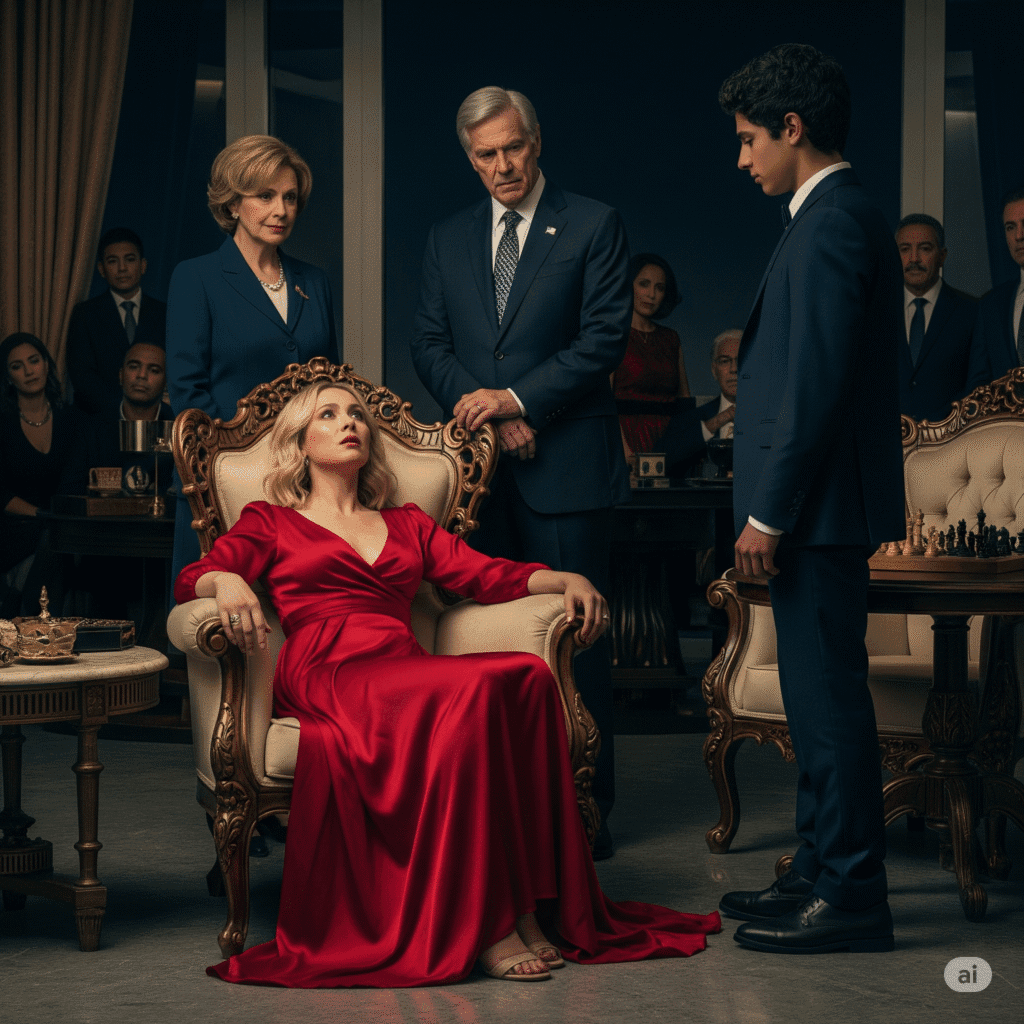
Resetting the Pieces for the Next Worldly Round
Zohran calmly reset the pieces on the board.
“Thank you for the game, Mrs. Truman,” he said. “It was… enlightening and educational.”
He turned to his mother.
“Ammi, can we go? I have school tomorrow.”
As they reached the door, Congresswoman Mills called out.
“Zohran—are you open to scholarships? I know some people.”
He smiled — his first real smile of the night.
“Very open, Ma’am.”
She handed him her card. “Call me Monday.”
The door closed behind them.
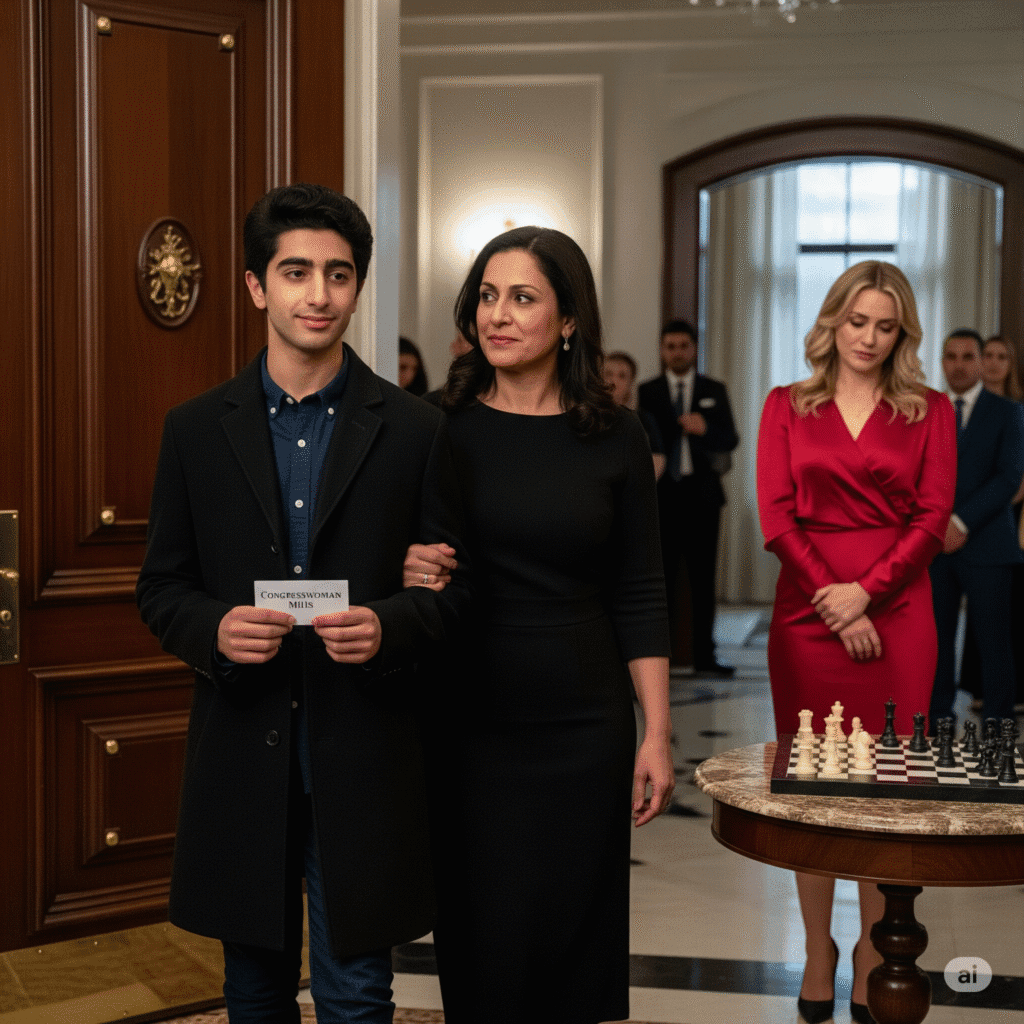
Danielle stood frozen, struggling to grasp how everything had spiraled so far out of her control. In just one hour, she’d gone from being the poised hostess of an elite gathering to the woman whose prejudice had blinded her—humiliated in front of the very people whose respect she valued most. As the door clicked shut behind Zohran and Maira, the remaining guests exchanged uneasy glances, the silence thick with unspoken judgment. Danielle was alone—for once not admired, but judged.
Walton was the first to rise. “I should go as well.”
One by one, the others followed, their goodbyes clipped, their stares sharp with disapproval.

Danielle’s Post-Game Analysis
Alone now, Danielle’s gaze fixed on the chessboard—the same one where her arrogance had been dismantled, piece by piece, by a teenager she’d dismissed as beneath her. But what she didn’t realize was that tonight was only the beginning. Zohran Madani wasn’t just rewriting his own story; he was about to challenge the very foundations of privilege that women like Danielle Truman never thought to question.
Outside, beneath the glittering sky of Billionaire’s Row, Zohran walked home with his mother, his fingers brushing against the card in his pocket—the one that would change everything.

A Pawn’s Ascent: Pawn to King
Six months later, Zohran Madani walked across the lawn at Columbia University, on a full scholarship.
He’d turned down three Ivies. He liked the idea of staying in New York, close to Washington Square Park — where it all started. Close to his roots.
Congresswoman Mills had kept her promise. And the story of that night in the sky had gone viral — not because someone filmed it, but because Mills had shared it herself.
“Prodigy Humiliates Billionaire in Chess” the headlines read. Three million views. Tens of thousands of kids inspired.
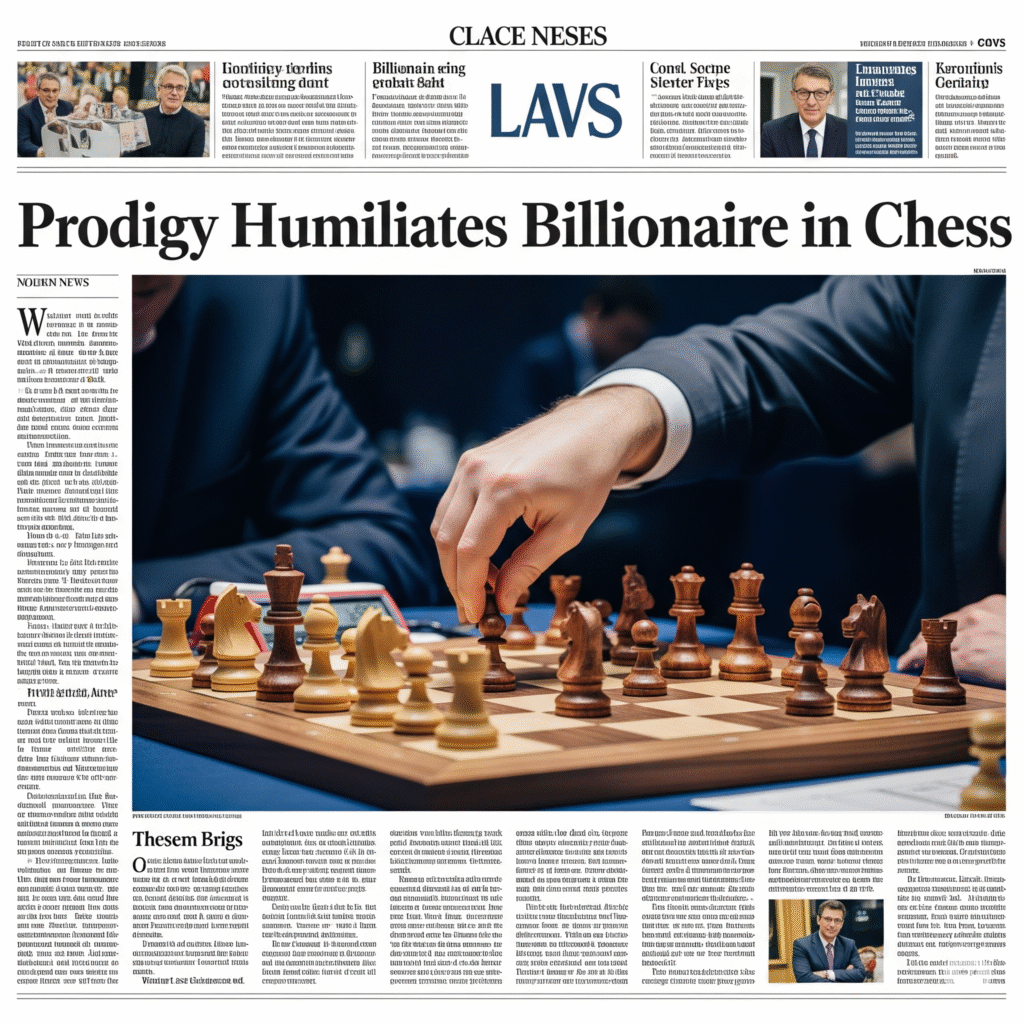
Maira became head of housekeeping at a luxury hotel downtown. Full benefits. Paid time off. Not charity — just overdue recognition.
Danielle? Her social calendar dried up. Three charities quietly dropped her. Her golf club suspended her membership. Mills stopped returning texts. Even Walton stopped answering her calls.
And Zohran? He launched a free chess platform for underserved youth. Over 2,200 kids signed up in the first six months. Kids who had been invisible until someone showed them how to play like a grandmaster. It wasn’t just about knights and rooks — it was about strategy, confidence, and power.

The Value of Every Chess Piece
“Chess taught me that every piece has value,” he explained during an interview with CNN. “Even the pawn. Especially the pawn.”
When asked if he held a grudge, he smiled that same calm smile.
“Grudges are pieces that only get in the way of the game. Grudges waste moves. I’d rather plan for victory.”
Danielle saw that interview alone in her penthouse, behind soundproof windows, surrounded by silence. All her power, her wealth, her chandeliers — none of it could undo the checkmate.
She’d tried to use a maid’s son as entertainment.
He became the lesson.
And that, Zohran Madani knew, was the ultimate win — not just in chess, but in life.

Author’s Note: Chess as a Great Equalizer
As someone who plays chess regularly, I’ve come to appreciate it not just as a game, but as a quiet, enduring symbol of equality. I often participate in weekend tournaments hosted by ChessBase at Phoenix Mall in Kurla—free events open to anyone willing to test their intellect on 64 squares.
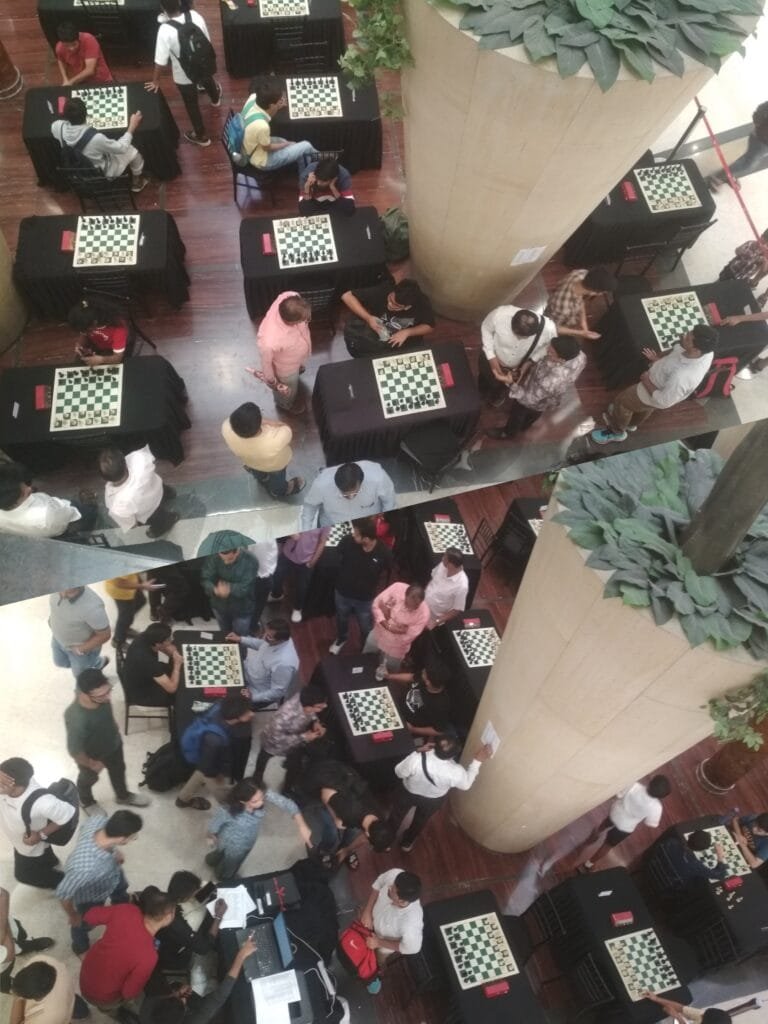
In the past, this venue was visited by Grandmasters like D. Gukesh (the current and youngest World Chess Champion), Vidit Gujrathi, Anish Giri, Tania Sachdev, Soumya Swaminathan, Padmini Rout, Vantika Agrawal, Abhijeet Kunte, Surya Ganguly, Vishnu Prasanna, Pravin Thipsay, and Swayams Mishra, along with International Master Sagar Shah and Woman International Master Amruta Mokal. These individuals have graced the playing hall.
The ChessBase India Chess Club has truly become a vibrant space where both aspiring and established chess players, along with popular figures, can come together to enjoy and promote the game of chess. There, no one asks where you’re from, what you earn, or who you know. Only the moves matter.
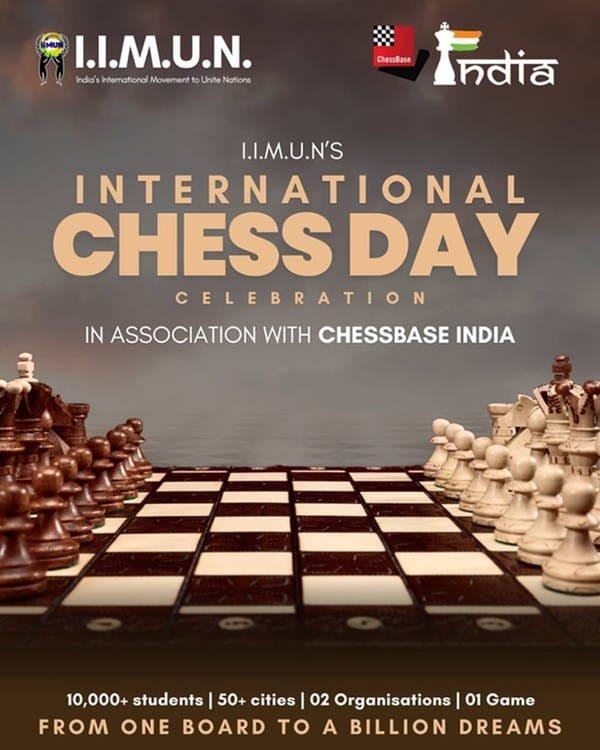
Chess requires no wealth, no pedigree, no approval. Unlike many sports, it doesn’t demand expansive fields or costly gear. All it asks is your time, your focus, and your mind. You can play from your living room, on a park bench, or alone on a modest app during a blackout. That’s the quiet beauty of it: chess democratizes excellence.
Historically viewed as a game for the elite, chess has, in this digital age, become profoundly accessible. Today, it belongs to anyone willing to learn. From remote villages to crowded cities, across languages and borders, it teaches patience, discipline, and strategy—life skills that transcend status.
This story is fiction, but its core is real. There are countless Zohrans in our world—young minds overlooked simply because they weren’t born behind the right doors. But when given the chance, they don’t just play to win. They play to change the board entirely.
Chess, in its purest form, remains what it has quietly become:
A Great Equalizer.

Happy International Chess Day ♟️🗽♟️🌆♟️🧠♟️!
- 14 Best Panchatantra stories in hindi
- 15 Best Children Stories in English from Panchatantra 2.0
- 16 Best Aesop's Fables in Hindi with moral lessons
- 17 Best Aesop's Fables with moral lessons for children
- Arabian Nights
- Author's Best Written Stories in English
- Author's Best Written Stories in Hindi
- Baital Pachisi बैताल पचीसी in Hindi
- Bedtime Stories for All
- Hindi Love Stories
- Love and Romance
- Vikram and Betal series: Riddle Solving Stories
You can join my WhatsApp Channel by clicking the link here
